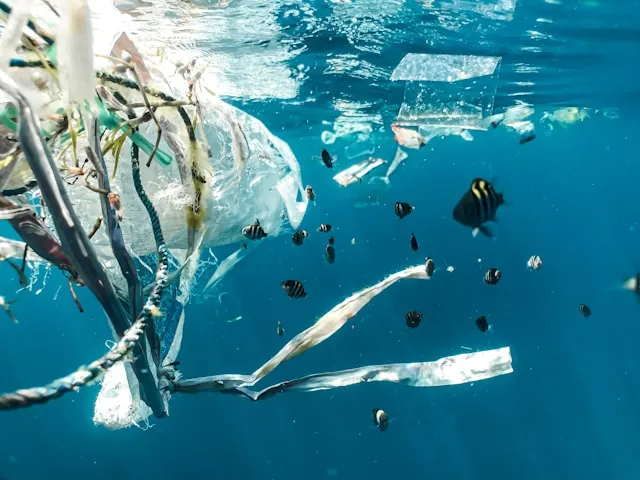PFAS contamination is a huge issue for many military families. These “forever chemicals” are unhealthy and can cause real health problems. If you or someone close to you got affected, it’s important to get the facts.
This article breaks down the problem, the health risks, and the legal stuff military families face.
What Are PFAS?
PFAS means per- and polyfluoroalkyl substances. They are human-made chemicals that started being used back in the 1940s. You can find them in stuff like:
- Nonstick cookware
- Stain-resistant fabrics
- Food packaging
- Firefighting foams used in the military
They’re called “forever chemicals” because they don’t break down easily in nature. They stick around in our bodies for a long time, leading to serious health concerns.
How Are PFAS Linked to Military Bases?
A lot of military bases use PFAS in firefighting foams. This foam’s name is Aqueous Film-Forming Foam (AFFF). They’ve been using AFFF since the 1960s for training drills. Sadly, these chemicals leach into the soil and water, hurting nearby communities.
It’s thought that over 720 military sites have known PFAS leaks. This contamination has brought health risks for service members and their families, especially those who drink the polluted water.
Health Risks of PFAS Exposure
Exposure to PFAS can lead to serious health issues. Studies show a connection between these chemicals and:
- Kidney cancer
- Testicular cancer
- Liver damage
- Ulcerative colitis
If you or someone you know is dealing with these illnesses, it might be because of PFAS exposure. Knowing these risks is very important.
Common Health Effects
- Kidney Cancer: Some studies say there’s a strong link between PFAS and kidney cancer. The National Institutes of Health found this type of cancer is a big worry for those in high-exposure areas.
- Testicular Cancer: Research shows that PFAS can raise the chances of testicular cancer. Men on contaminated bases are especially at risk.
- Liver Damage: Long exposure can cause liver issues. It’s best to see a doctor often if you think you’ve been exposed.
- Ulcerative Colitis: This sickness can be caused by PFAS. It’s painful and needs regular care.
The Legal Challenges for Military Families
If you’re in a military family and think PFAS has affected you, you might be asking about your options. The legal stuff can get confusing. Keep these points in mind:
1. Understanding Your Rights
Many service members and their families have started lawsuits against the Department of Defense (DoD). These claims aim for compensation for health issues caused by PFAS exposure. It’s tough to tackle these claims alone.
2. What You Need to Prove
To win a PFAS lawsuit, you need to prove that:
- You were exposed to polluted water.
- You or a family member has a health issue linked to PFAS.
Keeping records is key. You should have medical diagnoses and any water testing results handy.
3. Challenges with Government Claims
The DoD often claims they can’t be sued under federal law. This can make it hard for families to find justice. Yet, new laws like the Camp Lejeune Justice Act of 2022 have made it easier for more lawsuits to happen.
4. Finding Legal Help
There are lawyers who focus on environmental law and PFAS cases. They can help you understand your rights and how to file a claim. Don’t hesitate to ask for help; it can really make a difference.
Steps to Take if You Suspect PFAS Exposure
If you think you might have been affected by PFAS, here’s what to do:
- Get Tested: Request a blood test for PFAS. This can show you how much you were exposed to.
- Document Everything: Keep track of your health problems and any relevant information, like where you lived or worked.
- Consult with a Lawyer: Look for one who knows about PFAS cases. They can help guide you through the process.
- Stay Updated: Follow news about PFAS and military base contamination. Knowing more can help you!
Wrap-Up
PFAS contamination is a serious problem that impacts many military families. Understanding the risks and legal issues can help you a lot. If you’re having health problems because of PFAS, remember you’re not alone. There’s steps you can take to seek help and justice.












